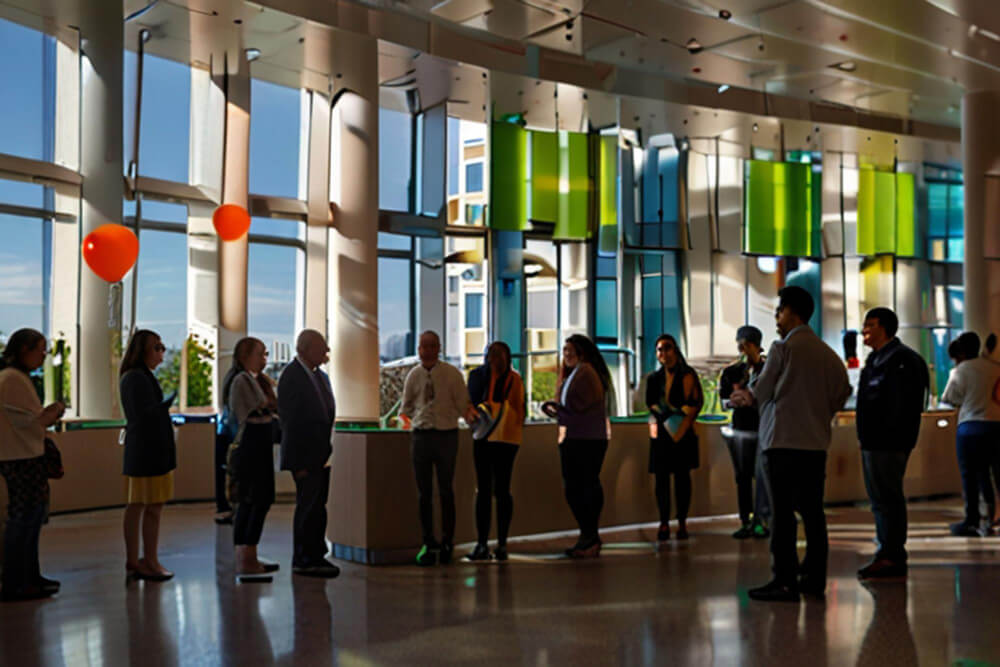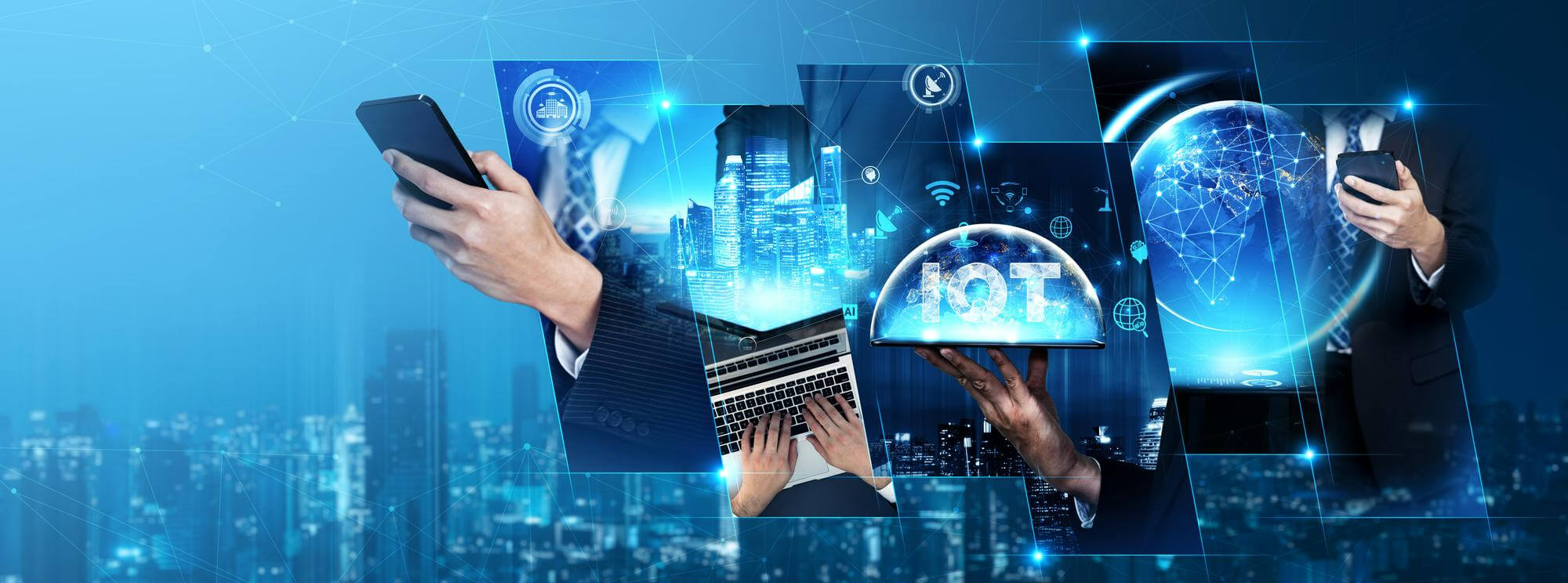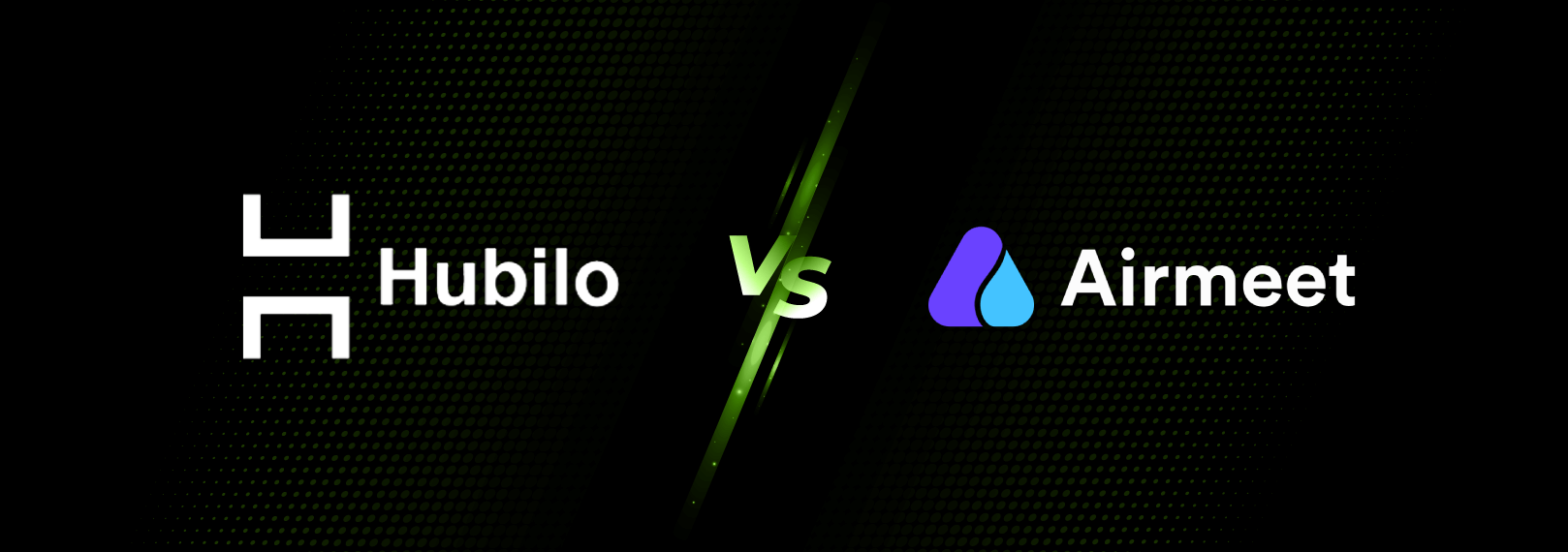The digital transformation of event management has made event technology solutions indispensable for successful event execution. These solutions enhance attendee experiences and optimize operational efficiency. In this comprehensive guide to essential event solutions that modern organizers must implement.
Table of Contents
Top 31 Solution Event Solutions That An Event Organizer to Consider
Let’s delve into the best event registration solutions that should be considered by event organizers for the successful execution of events.
1. Event Check-In Systems:
Digital event check-in systems enable swift attendee processing through event mobile apps and tablets. These systems reduce wait times, improve first impressions, and provide valuable attendance tracking data. The streamlined process allows event staff to focus on delivering exceptional experiences rather than managing queues. In this way, event check-in technology has become one of the most demanded event technology solutions.
2. Digital Registration Systems:
Modern event registration solutions have transformed the traditional paper-based process. Digital event registration provides instant confirmation, minimizes administrative work, and reduces human error. Moreover, the event registration system maintains organized attendee records while providing a professional registration experience for everyone involved.
3. RFID-Badges Technology Implementation:
Radio Frequency Identification technology serves multiple purposes in event management. Organizers should focus on such event technology solutions as RFID-enabled badges to facilitate cashless transactions and monitor attendee movement patterns. This data not only helps organizers understand participation trends but also optimizes future events while maintaining robust security protocols.
4. NFC Solutions:
Just like RFID technology, near-field communication technology also enables seamless data exchange between devices. Attendees utilize NFC-enabled badges for session access, payments, and networking. This streamlined approach eliminates traditional barriers to interaction and enhances the professional atmosphere of the event.
5. QR Code Integration:
Quick Response codes serve as efficient information access points throughout events. Attendees scan these codes to register, check in, or access event materials. This event technology solution reduces information booth congestion and provides immediate access to essential resources.
6. Mobile Event Applications:
Dedicated mobile event applications serve as comprehensive digital companions. These applications deliver real-time updates, personalized scheduling, and one-to-one networking features. A well-designed event mobile app centralizes event information and facilitates meaningful connections among participants and organizers.
7. Self-Service Kiosks:
Digital self-registration kiosks empower attendees to manage their own check-in process, print badges, and access information independently. This self-service approach reduces event staff workload, minimizes queues, and improves overall attendee satisfaction.
8. Facial Recognition Systems:
Advanced facial recognition technology for events streamlines the check-in process while enhancing security measures. The system quickly identifies registered attendees, reducing entry times and strengthening access control. This solution offers both efficiency and enhanced security protocols.
9. Turnstile Access Management:
Advanced turnstile access control systems provide precise control over the event’s venue access. These turnstile systems at events track entry and exit patterns while ensuring authorized access only. Moreover, this event technology solution, if implemented in an event, surely offers real-time attendance monitoring and also supports effective crowd management strategies.
10. Event Microsites:
Customized event websites/microsites serve as central information hubs. These digital platforms host event registration services, schedules, and important updates. However, a well-structured microsite improves visibility and provides comprehensive event information to potential attendees.
11. Custom Registration Forms:
Personalized event registration forms gather specific attendee information efficiently. These registration forms can be tailored to collect essential data while maintaining a smooth user experience. The customization options ensure organizers receive all necessary information for effective event planning.
12. WhatsApp Automation:
Automated WhatsApp messaging systems provide timely updates and important information to attendees. These systems can handle routine communications only on WhatsApp, freeing staff to focus on more complex tasks. The event technology ensures consistent and professional communication throughout the event lifecycle.
13. Event CRM Management:
Comprehensive event CRM and overall management systems streamline attendee and sponsor relationships. These platforms centralize data, track interactions, and facilitate follow-up communications. The system helps maintain professional relationships and improves long-term engagement strategies.

14. Interactive Engagement Tools:
Digital interaction tools enable real-time audience participation through polls, GIFs, surveys, and Q&A sessions. These event technology solutions create dynamic presentations and gather valuable feedback. The technology promotes active engagement and meaningful discussions.
15. Streaming and Content Management:
High-quality live streaming services extend event reach beyond physical limitations. This kind of event technology solution enables remote participation and content distribution. Professional live streaming maintains engagement with virtual attendees while preserving presentation quality.
16. Webinar:
Professional webinar platforms serve as powerful tools for pre-and post-event engagement. Why webinars? Because they incorporate advanced features for presenter management, audience interaction, and content delivery. Moreover, advanced webinar solutions enable organizations to maintain engagement throughout the event lifecycle, gather valuable attendee insights, and provide educational content that enhances the overall event value proposition. Therefore, such event tech solutions support both live and recorded sessions, ensuring content accessibility for all participants.
17. Virtual Product Launch:
Digital product launch platforms provide comprehensive solutions for introducing new offerings to global audiences. However, virtual product launches as event technology solutions incorporate multiple engagement features, including interactive product demonstrations, real-time audience feedback mechanisms, and detailed analytics tracking. Besides, the technology enables organizations to create immersive launch experiences that generate excitement while maintaining professional presentation standards and gathering valuable market insights for future product development strategies.
18. Event Gamification:
Professional gamification enhances attendee engagement through structured competitive elements. Event registration solutions that provide gamification incorporate achievement tracking, reward systems, and interactive challenges that motivate participation throughout the event. Moreover, advanced gamification technology enables organizers to create meaningful experiences that drive specific behavioural outcomes while collecting valuable engagement data.
19. Professional Live Streaming:
Advanced broadcasting solutions deliver high-quality live content to global audiences. They include professional-grade video processing and multi-channel audio management features, as well as interactive viewer engagement features. The technology enables seamless content delivery across various devices and platforms while maintaining consistent quality standards. Professional broadcasting solutions also provide comprehensive analytics for understanding viewer engagement and optimizing future content delivery strategies.

20. Cashless Payment System:
Digital cashless payment methods streamline financial transactions throughout the event environment. These modern event-tech solutions incorporate multiple payment methods, real-time processing capabilities, and comprehensive transaction tracking. Advanced cashless systems enhance security while providing valuable spending pattern data. The technology reduces transaction times, minimizes human error, and provides detailed financial reporting for post-event analysis.
21. Onsite Event Badging Solutions:
Professional and onsite event badges enable efficient credential management and distribution. These solutions incorporate advanced printing technology, automated validation processes, and integrated security features. The technology streamlines the event check-in process while ensuring credential authenticity. Digital badging systems also provide valuable attendance tracking data and can integrate with other event management tools for comprehensive participant monitoring.
22. Event Registration Desk:
Comprehensive registration desk solutions incorporate both technology and human elements for optimal efficiency. These systems include efficient event check-in technology, credential verification, and information distribution capabilities. The infrastructure supports multiple registration stations, provides real-time attendance updates, and enables swift problem resolution. Professional registration management ensures a positive first impression while maintaining security standards.

23. 3D Event Diagramming:
Using 3D diagramming tools helps visualize the event layout, which is essential for optimizing space. Many software or mobile event apps allow organizers to plan effectively, ensuring a logical flow of attendees and maximizing interaction opportunities. A well-thought-out layout can enhance the attendee experience by ensuring easy navigation and accessibility to key areas, such as networking zones or breakout sessions.
24. Networking Through AI-Matchmaking:
Using advanced matching algorithms facilitates meaningful professional connections among attendees. AI matchmaking analyzes multiple data points to identify valuable networking opportunities based on shared interests and objectives. The technology enables organizers to target introductions and schedule meetings while maintaining privacy standards. Professional networking solutions enhance the overall event value proposition by facilitating productive business relationships.
25. Social M Wall:
A social wall displays live social media feeds at the event, encouraging attendees to post about their experiences. This interactive feature increases engagement and creates a sense of community among participants. By showcasing user-generated content, organizers can enhance the event’s visibility online and encourage more attendees to share their experiences, leading to greater event exposure.
26. Sustainable Event Technology:
Environmental impact management helps organize eco-conscious events. These solutions track resource utilization, measure carbon footprint, and suggest sustainability improvements. The technology supports paperless operations, monitors energy consumption, and provides detailed environmental impact reports. Also, professional sustainability tools help organizations meet environmental responsibilities while maintaining event efficiency.
27. Smart Wearable Solutions:
Advanced wearable technology enhances attendee experiences through seamless integration. These wearables include multiple functions, including access control, payment processing, and engagement tracking. The technology provides valuable behavioral data while maintaining user privacy. Professional wearable solutions streamline various event processes while offering convenience to attendees.
28. Artificial Intelligence Event Chatbots:
AI-powered event chatbots provide continuous attendee support through natural language processing. These systems handle routine inquiries, provide personalized recommendations, and maintain consistent communication standards. The technology reduces staff workload while ensuring prompt response to attendee needs. Advanced AI solutions learn from interactions to improve service quality continuously.
29. Social Engagement Displays:
A social wall displays live social media feeds at the event, encouraging attendees to post about their experiences. This interactive feature increases engagement and creates a sense of community among participants. By showcasing user-generated content, organizers can enhance the event’s visibility online and encourage more attendees to share their experiences, leading to greater event exposure.
30. Hybrid Event Platforms:
With the growing popularity of hybrid events, solutions like Dreamcast provide features for both in-person and virtual attendees, ensuring a comprehensive experience for everyone involved. By integrating hybrid technology, organizers can expand their reach and engage a wider audience, making it easier for attendees to participate regardless of their location. This approach enhances inclusivity and allows for greater flexibility in event planning.
Final Words:
The implementation of these advanced event technology solutions significantly enhances event management capabilities. By carefully selecting and integrating appropriate technologies, organizers can create professional, engaging, and memorable experiences. These solutions not only streamline operations but also provide valuable insights for continuous improvement in event execution.




